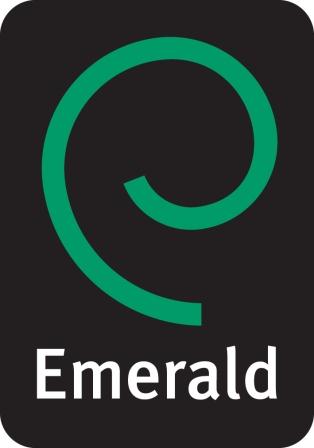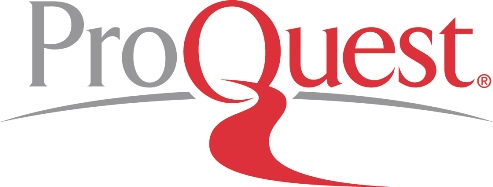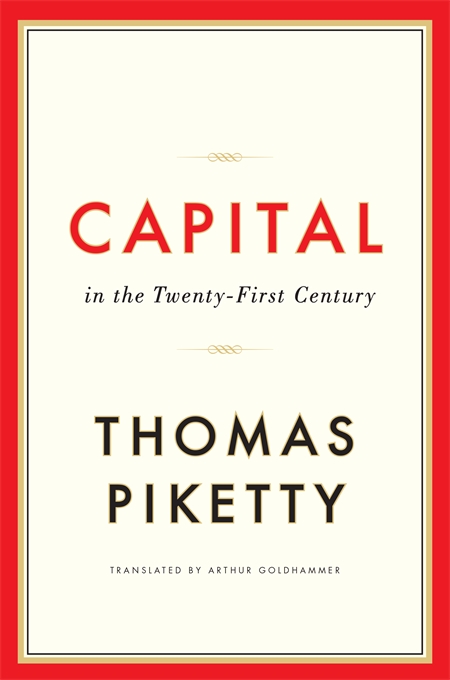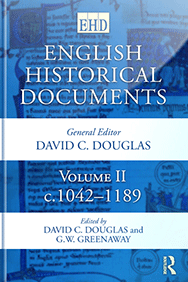 Emerald is kicking off the football frenzy and is offering a selection of football-related research articles from the Emerald Management eJournals Database.
Emerald is kicking off the football frenzy and is offering a selection of football-related research articles from the Emerald Management eJournals Database.
As the world’s focus turns to Brazil, these insightful articles offer a different perspective on what it means to host a ‘mega’ event, both from a business and supporter perspective, covering topics related to economics, tourism and hospitality, marketing and branding.
Read now
An overview of the influences of climate conditions on the FIFA 2014 World Cup in Brazil
Walter Leal Filho (2014), International Journal of Climate Change Strategies and Management
One element which has largely been overlooked in the preparations for the 2014 FIFA World Cup is the connection between climate change, variable climate conditions and their impacts on the performance of players.
Go to http://www.emeraldgrouppublishing.com/rin/worldcup.htm to view all articles on the Emerald website dealing with lessons from football/sports events or fan’s involvement.




